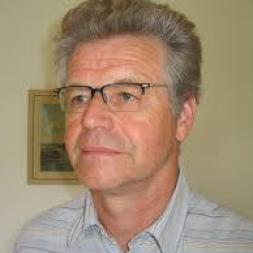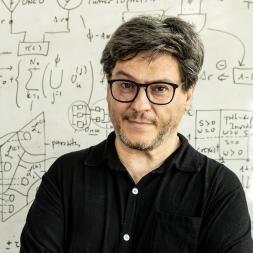
Vincent A.A. Jansen (Royal Holloway University London, UK)
Biography
I am a mathematical modeller working on ecology, evolution and epidemiology. I have worked on the various ecological interactions, movement ecology, predator-prey dynamics, pollinator ecology and more.
An area I enjoy working on, in particular, is the evolution of evolution of altruism and cooperation. I have shown how recognition, in the form of green beards, can facilitate the evolution of cooperation. A further area in which I work is the evolution of pathogens, in particular the evolution of virulence.
I have also modelled various infectious diseases. I have worked on measles, meningococcal disease and prions, and how the interplay between human behaviour disease presence affects the spread of an epidemic.
A delicate balance? Diversity, stability and feasibility in competitive ecosystems
The relationship between biodiversity and stability is a central theme in ecology that has been debated for over half a century. One view, supported by several long-term experiments in plant communities, is that the diversity begets stability, i.e. that the stability of populations increases with species richness. A contrasting view, put forward by Robert May in the 1970s, is that there are general theoretical grounds to expect that populations with more species are less stable.
Here, I will discuss results based on a general model for random competitive communities and show that both views can be supported by one model. The crucial factor that binds these results together is the probability to find a feasible community, i.e a community that can coexist together at equilibrium without any species going extinct. I will show that by accurately predicting the feasibility of communities we can predict the diversity of communities based on the strength of competitive interactions. We apply our model to existing data on plant communities and show how they exhibit different stability properties, which resolves the diversity-stability paradox
I will discuss our theoretical findings, but will take a wider perspective in this talk. Biodiversity, and the loss of biodiversity, is a topical and pressing matter. I will touch on the history of the stability and diversity debate. I will also discuss the consequences of these theoretical finding for our understanding and perception of changes in biodiversity.












